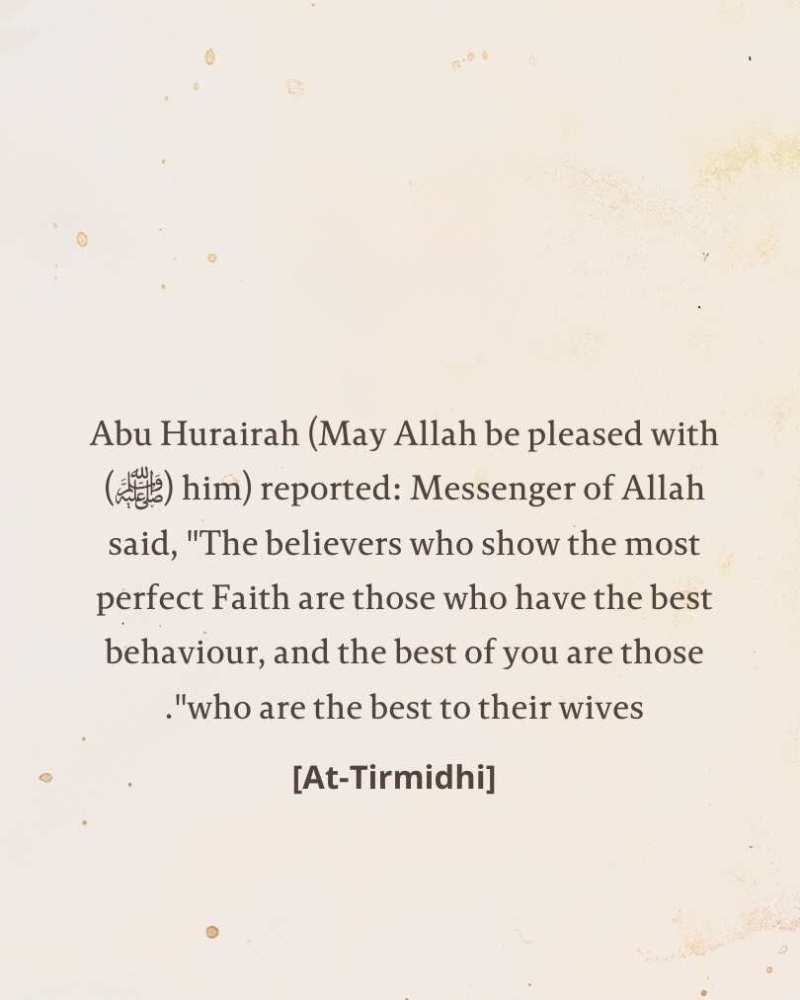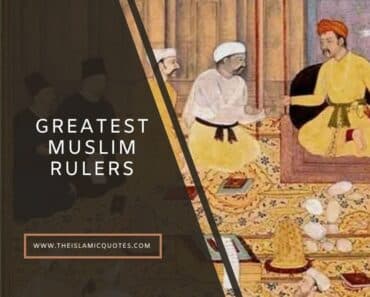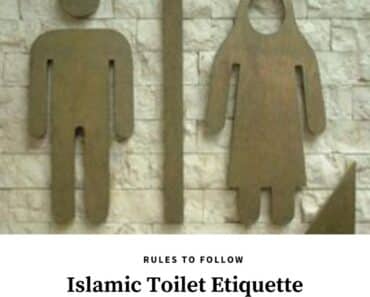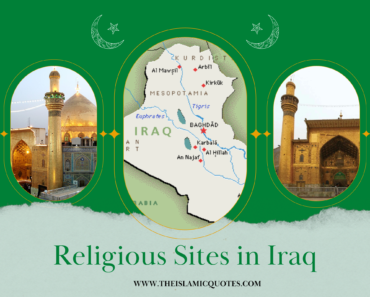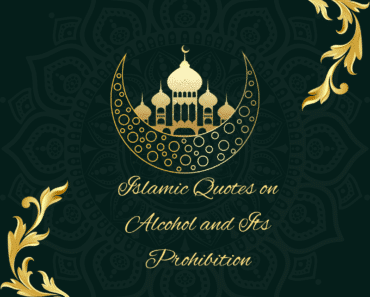Most people think that the Prophets in Islam were merely sent down on Earth to deliver the message of God and preach to people on the righteous path, and these were the only Professions of the Prophets.
However, this isn’t completely true. While this may be a purpose of prophets’ lives, they had families to look after, and hence, they did what any other common man would do to earn and have a livelihood.
The Quran mentions the prophets’ characteristics in Islam and highlights the fascinating connection between prophets and their occupations.
According to Islamic teachings, the number of prophets sent down by Allah to different nations is 124,000. Still, only 25 of them have been mentioned in the Quran, and not every Prophet’s occupation has been discussed.
So, the information presented in this article about the occupations of most Prophets from Islamic traditions, stories of Prophets, commentaries, and narratives outside of the Quran!
Let’s explore the lives of these Prophets, discussing the Professions of the Prophets!
What was the profession of different Prophets?
Following are the sources of livelihood of Prophets in Islam as per the Narrations, Hadiths, Islamic Traditions, or Quran:
1. Prophet Adam (AS):
Many people think that he was a gardener in Eden. However, the Quran doesn’t explicitly mention the profession of Hazrat Adam as a gardener.
It only mentions that Hazrat Adam and Hazrat Hawwa lived in the Garden of Eden, as the Quran mentions:
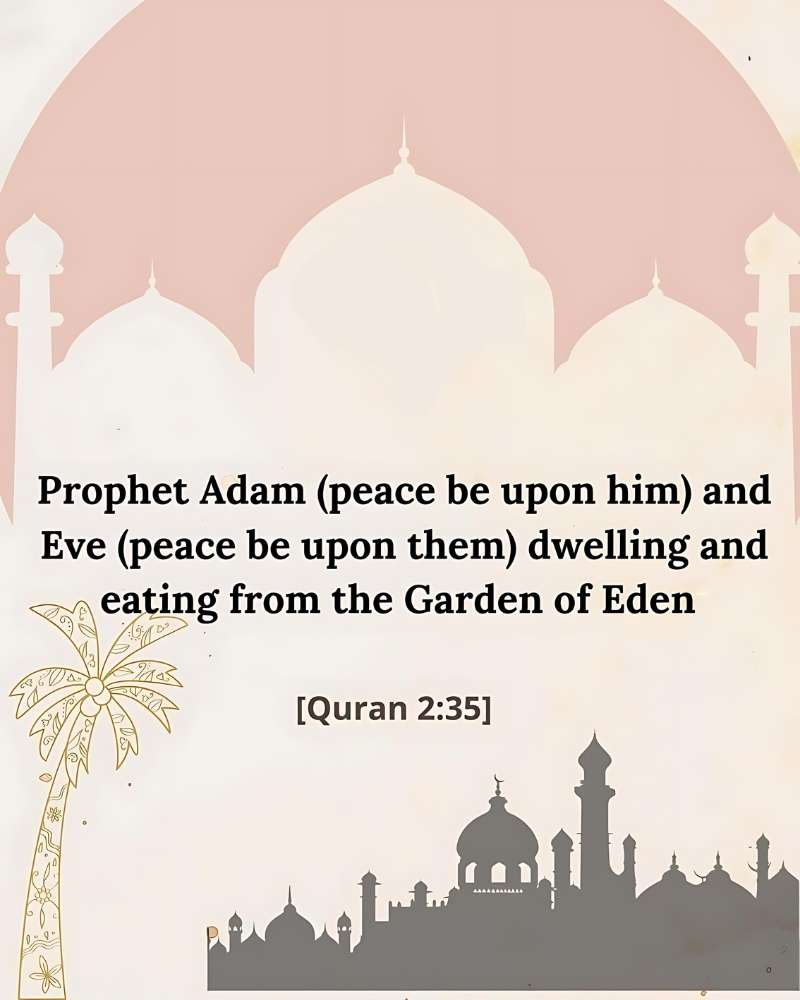
But, after the disobedience of Allah, when Hazrat Adam (AS) and Hawwa (AS) were sent down to Earth, Adam had to do everything on his own for a living, which included farming, weapon making, cooking, constructing, clothmaking, and so on.
2. Hazrat Shees (AS) – (Seth)
Hazrat Shees, or Seth/Shiith, was the third son of Adam & Eve and the successor of Hazrat Adam.
He was known as a cloth maker who taught humans how cloths were made, including the knowledge of thread, thus laying the foundation of the textile industry. In modern terms, he can be described as a textile designer.
3. Hazrat Idris (AS) – (Enoch)
Hazrat Idris (AS) was a skilled tailor and teacher of science; as he created a needle, a widely used tool now, he’s regarded as an innovative inventor.
Furthermore, he was the first person to write with a pen. This shows that he was knowledgeable, and Allah had given him great knowledge of astronomy; he defined the tools of scale and measures, making him a tailor and a scientist.
His famous quote includes:
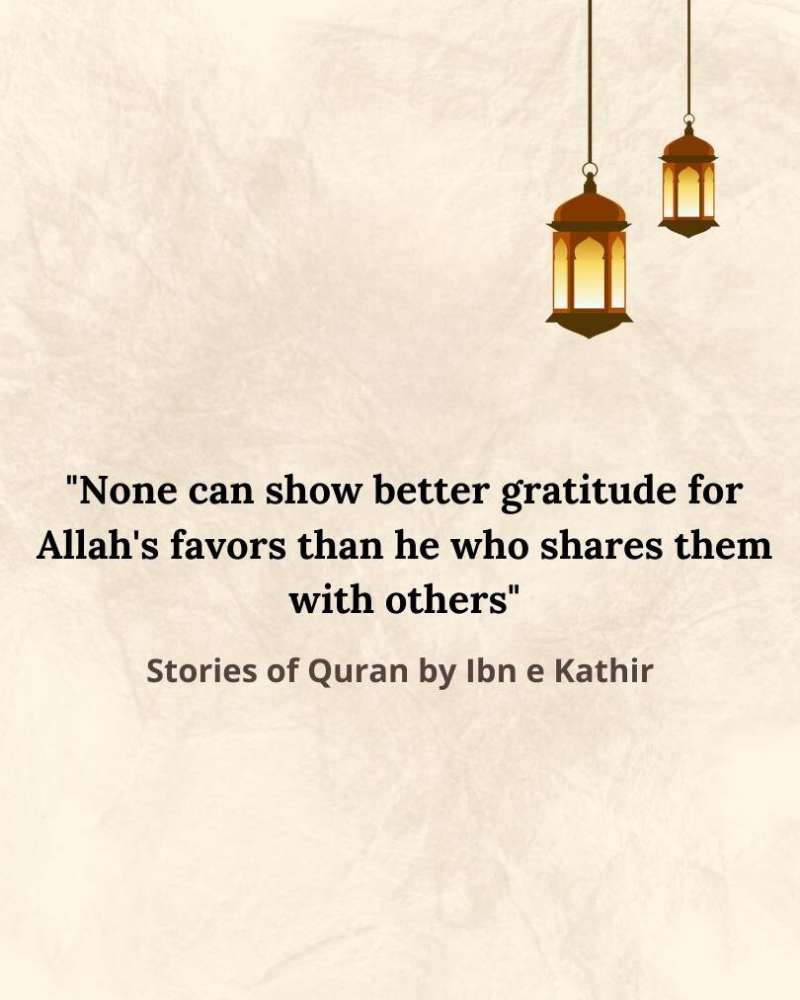
4. Prophet Nuh (AS) – (Noah)
Allah gifted Hazrat Nuh (AS) with shipbuilding skills akin to a modern naval engineer. He crafted a great, mighty ark on the orders of Allah.
His story of building the colossal ark has been mentioned in the Quranic text and different narrations. So, it’s not doubtful to say that he was the first Naval Engineer in the history of Mankind, without any advanced tools he had built an ark which was 300 cubits in length (506.25 ft).
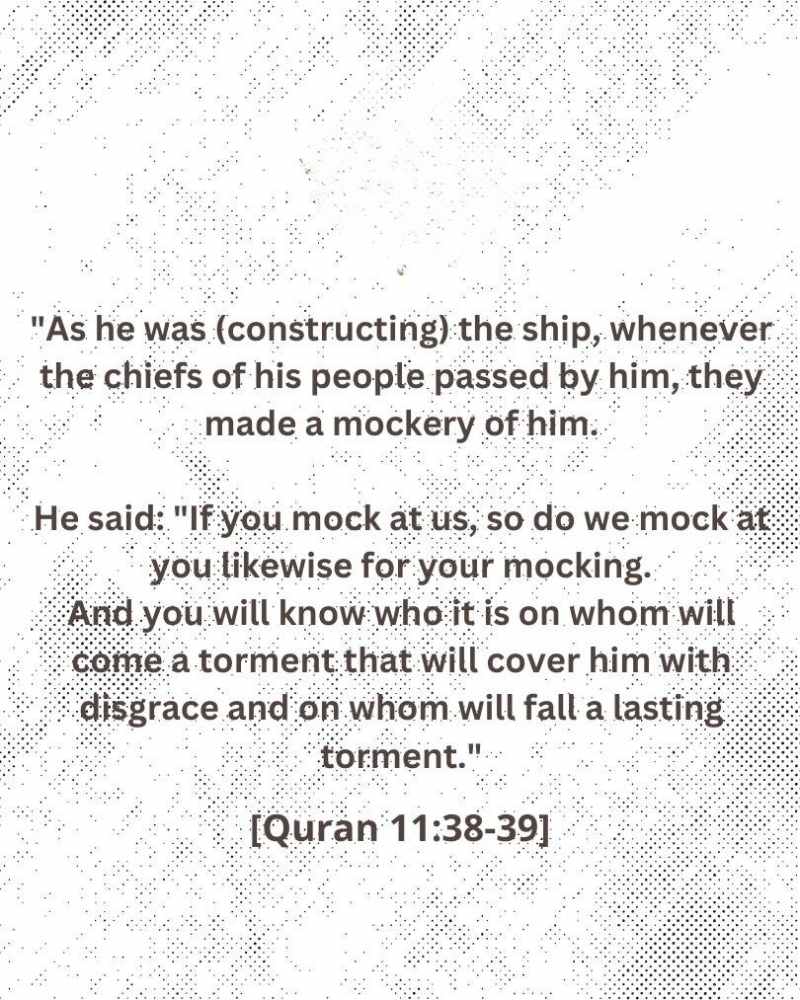
5. Prophet Hud (AS):
Prophet Hud was the came after Prophet Nuh (AS). The Profession of Prophet Hud (AS) was trading as retailing was a common profession of prophets, which made him the father of all traders.
He belonged to the tribe of Ad, which is considered the original Arab tribe. It was a powerful tribe where people constructed tall and strong buildings.
However, due to disbelief in Prophet Hud’s message, their houses and buildings were all demolished, as mentioned in the stories of the Prophets in Islamic traditions.
6. Prophet Saleh (AS):
According to Islamic tradition and knowledge of the professions of the Prophets, Prophet Saleh (AS) is commonly associated with being a camel owner and involved in trading camel milk.
This connection is deeply rooted in the story of the miraculous she-camel that emerged from a rock as a divine sign for his people, as mentioned in various chapters of the Quran.
The she-camel was a test from Allah, and Prophet Saleh urged his people to treat it with reverence.
However, they disobeyed his directive and killed the she-camel, which ultimately led to their punishment, as mentioned in Quran chapter 7, verses 73-78.
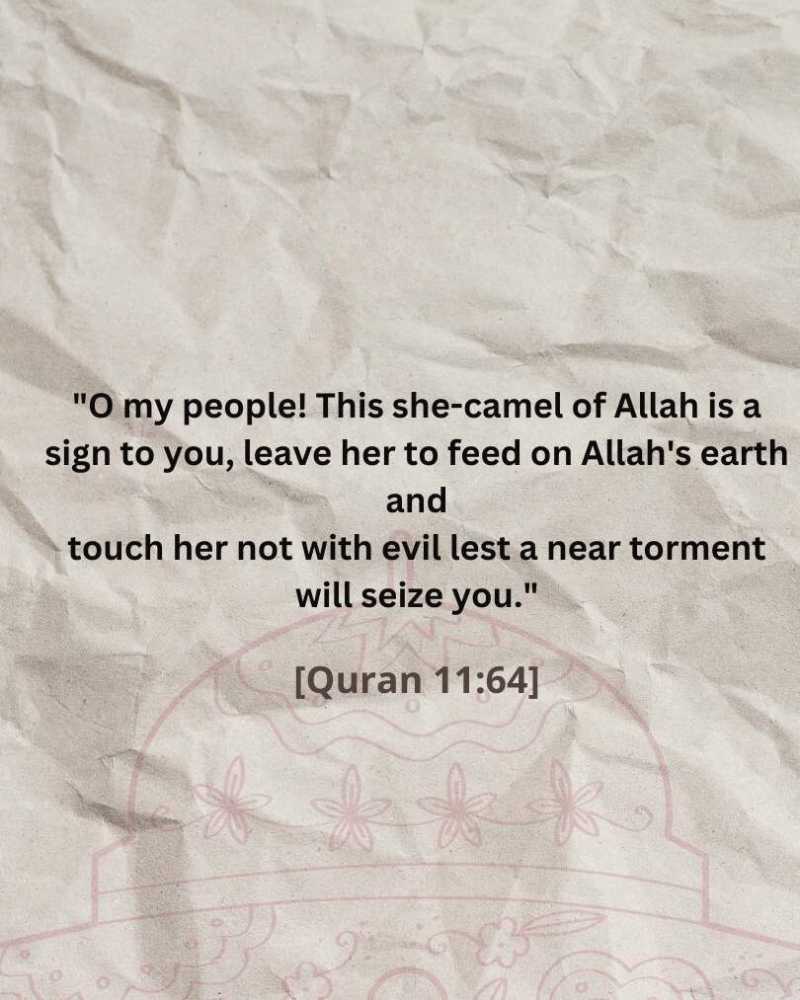
7. Hazrat Ibrahim (Abraham) (AS):
Hazrat Ibrahim (AS) built the Kaaba with his son, Hazrat Ismael, making them skilled architects and builders. Also, Hazrat Ibrahim was engaged in the trade of clothes.
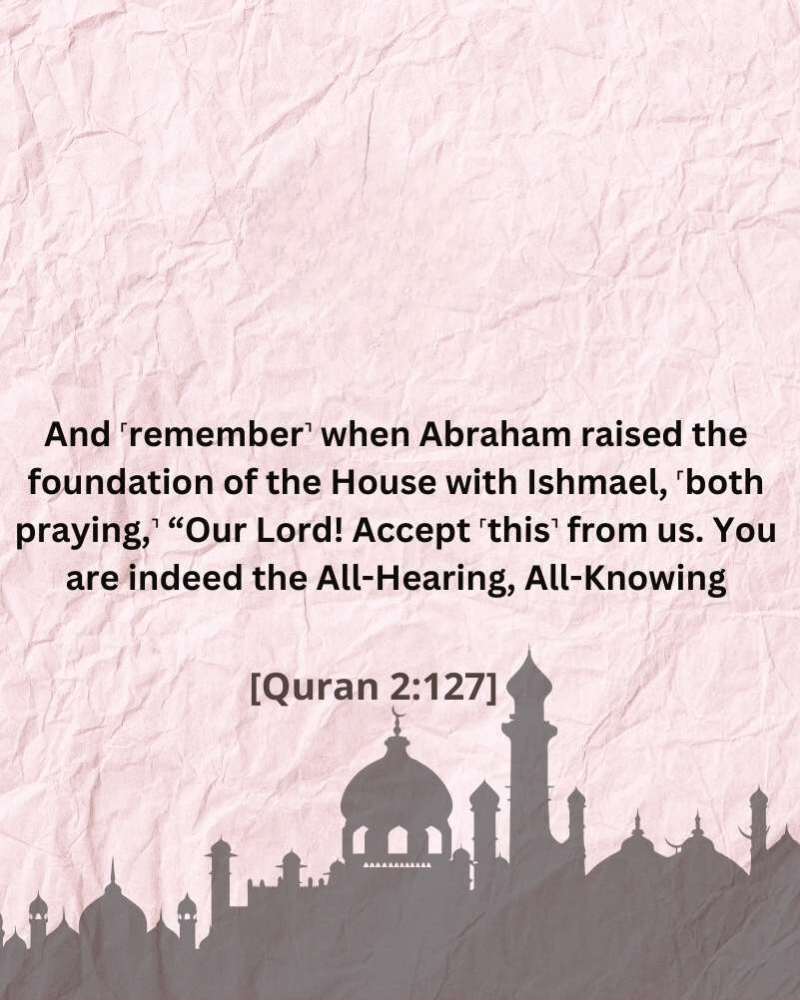
8. Prophet Ismail (Ishmael) (AS):
Hazrat Ismael (AS) was skilled in arrow-making and hunting and spoke 70 languages. Though not explicitly in the Quran, these aspects enrich his narrative from historical and cultural sources.
9. Prophet Ishaaq (AS) Isaac:
Prophet Isaac (AS) was known for herding goats, so he was a shepherd and was involved in their trade; it was a common occupation among prophets and their business.
Although the Quran does not specifically mention Prophet Isaac’s occupation, these details are frequently found in Islamic literature and narratives recounting the lives of the prophets.
10. Prophet Yaqub (AS) Jacob:
The story of Prophet Yusuf (AS) indicates that after Hazrat Ishaaq’s death (His father), he moved to his uncle’s city of Haran, where he worked for his rich uncle for 14 or 20 years to tend his sheep flocks.
He later married his daughter, Rahil, who gave birth to the most beautiful man to walk on the Earth “Prophet Yusuf (AS) as narrated in “Stories of the Prophets” by Ibn e Kathir.
11. Prophet Lut (AS):
Hazrat Lut (AS) was the nephew of Hazrat Ibrahim (AS). He worked as a farmer and a Prophet known for preaching against immoral practices in Sodom and Gomorrah.
He was also a great historian; we learn about this from different Islamic traditions and stories.
12. Prophet Shuaib (AS) – (Jethro)
Prophet Shuaib (AS) came into today’s Syria. He used to raise and sell livestock, a common profession of all the prophets or most of them.
13. Prophet Yusuf (AS) – (Joseph)
Prophet Yousuf (AS), the son of Prophet Yaqub and Rahil (Rachel), was an interpreter of dreams and demonstrated his ability as a strategist and excellent financial manager, saving his people in the hard times of the famine.
He provided the world with a central agriculture system and introduced a method for storing food in abundance. So, he was known to be an agriculturist by profession.
14. Prophet Ayub AS) – (Job)
Prophet Ayub was a wealthy man with many lands and cattle. He was also an agriculturist, associated with farming, and used to cultivate fields and tend cattle.
However, Iblis, being jealous of Allah’s admiration of Prophet Ayub, asked Allah to take all the possessions of Prophet Ayub, for which he was thankful, and eventually, he’ll stop thanking him.
Despite losing wealth, children, and health, Job remained steadfast. Upon his sincere plea, Allah restored his health and wealth, including land, cattle, and family, reaffirming Prophet Ayub’s faith.
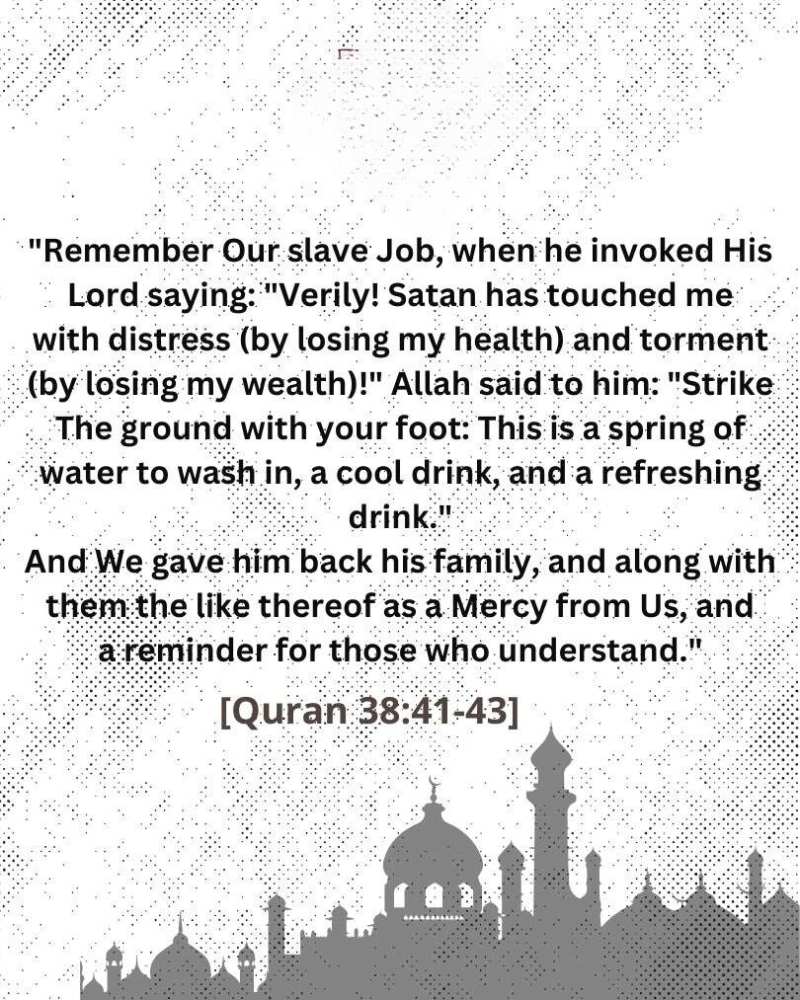
15. Prophet Dhul-Kifl (AS)
Prophet Dhul-Kifl was a very pious prophet. We don’t know much about his story as it’s not discussed in detail in the Quran.
However, as known from the Stories of the Prophet by Ibn e Kathir, he was skilled in cooking, which was also his profession.
16. Prophet Yunus (AS) – (Jonah)
Prophet Yunus has a beautiful story in the Quran, teaching us several lessons. He was a skilled fisherman by profession.
17. Prophet Musa (AS) – (Moses)
During his time in Midian, Prophet Musa’s (AS) profession was that of a shepherd. This is evident from the Quranic verses 28:22-24, where Moses encounters two women shepherding their flocks.
He helped them water their flocks and then sought shade to rest. He continued working as a shepherd for a long time.
Here’s the reference and source:
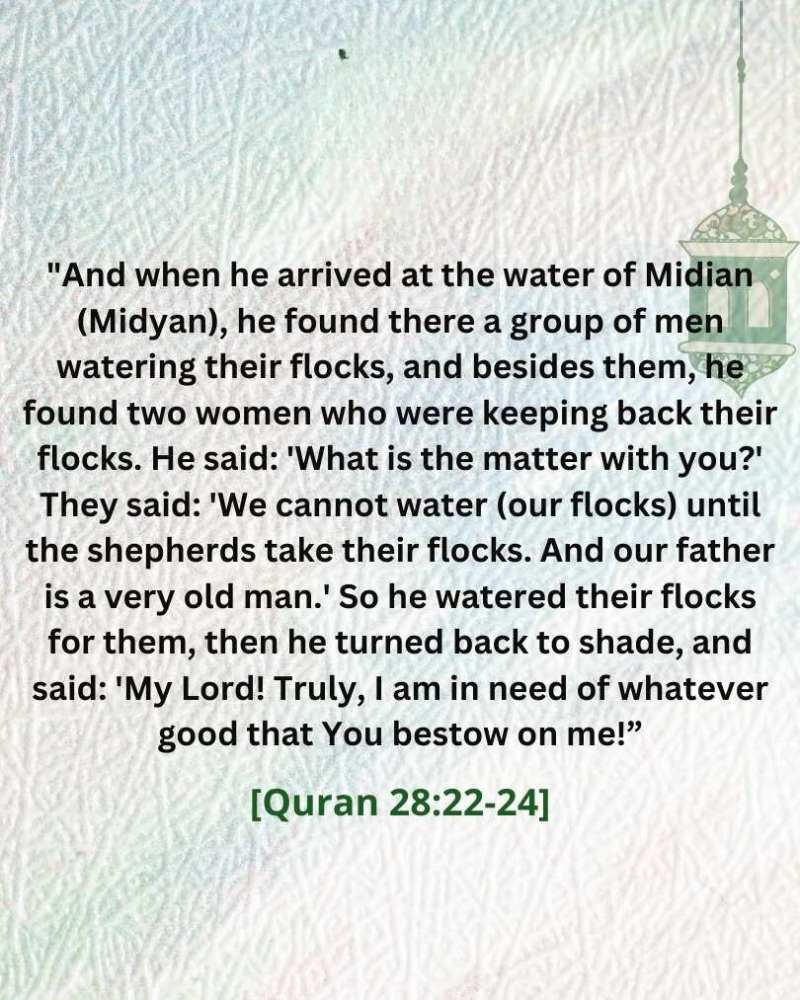
18. Prophet Harun (AS) – (Aaron)
In the Quranic narrative, Prophet Harun was appointed by Allah as an advisor or Vizier to Prophet Musa(AS) when he became the leader of the nation and also in his task of conveying Allah’s message and prophethood.
Prophet Harun’s role was primarily to support Moses in delivering Allah’s message to the Pharaoh, as mentioned in the Quran, 20:25-36.
19. Prophet Ilyas (AS) – (Elisha)
Hey used to sew clothes and was also known for their thread-making skill. He’s known as the father of weavers and a skilled thread-chooser.
20. Prophet Dawood (AS) – (David)
Prophet Dawood was a young man who defeated Goliath’s army with bravery, married Saul King’s daughter, and later became king after his death.
Allah gifted him the ability to soften iron, forging heavy armor for his warriors. This skill made him influential and effective in battles.
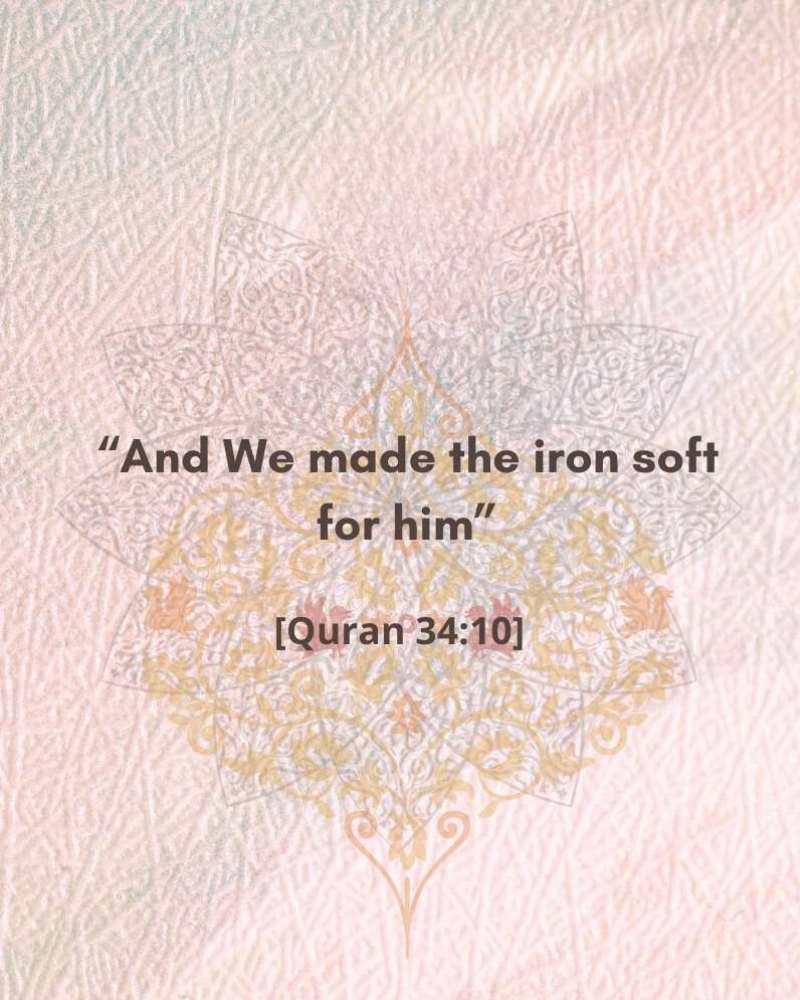
21. Prophet Sulaiman (AS) – (Solomon)
Hazrat Sulaiman (AS), son of Prophet Dawood (AS), held one of history’s most powerful kingdoms.
From a young age, he advised his father and was skilled in crafting fans and baskets from palm leaves. Most importantly, he was a skilled architect who built several awestriking buildings.
Despite his royal status, he lived off his earnings from weapon-making, not his kingdom’s income.
22. Prophet Uzair (AS) – (Ezra)
Prophet Ezra was renowned for his expertise in woodworking and horticulture. As a farmer and gardener with his own farm, he pioneered techniques such as grafting fruit trees, raising saplings, and pruning trees.
23. Prophet Zakariyah (AS) – (Zechariah)
As far as knowledge related to the professions of the Prophets is concerned, Prophet Zakariyah (AS) was a very humble and poor man who worked as a carpenter. Apart from this, he also used to sell fabric.
24. Prophet Yahya (AS) – (John the Baptist)
Prophet Yahya (AS) was the most knowledgeable man of his time, and he served as an advisor to several people, giving them fair judgments on required matters. Not only this, he was also engaged in trade.
He was mercilessly beheaded by the cruel king, Herod Antipas, when Prophet Yahya pronounced the King’s marriage’s desire from his niece to be incestuous.
25. Prophet Isa (AS) – (Jesus)
Prophet Isa (AS) was skilled in hunting and used to hunt for a living. He’s also known as the Father of Hunters with his great hunting techniques.
26. Prophet Muhammad:
Prophet Muhammad (SAW) worked as a shepherd in his early life, a fact documented in various Islamic historical and biographical sources. This is among the common professions of the Prophets mentioned in the Quran and narrations.
Later, he worked as a merchant for Hazrat Khadijah, where retailing was the profession of prophets (Several). After his prophethood, he preached Allah’s message and became a soldier spreading the message of Islam.
One such prominent source is Sirat Rasul Allah (Biography of the Prophet Muhammad) by Ibn Ishaq, which provides insights into the early life and occupations of the Prophet before he received prophethood.
Above all, Prophet Muhammad (PBUH) was a teacher throughout his life, and he preached and taught the people around him and mankind about the right path.
